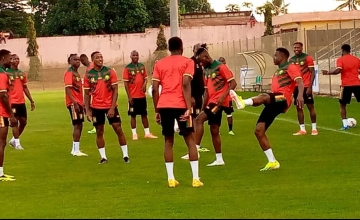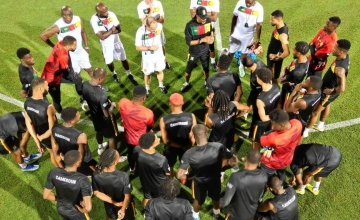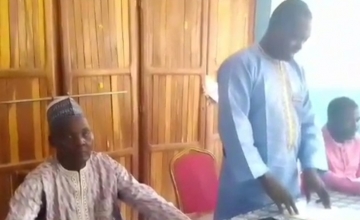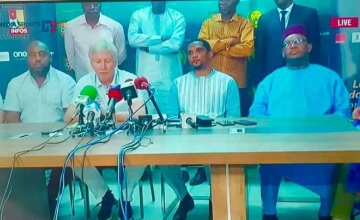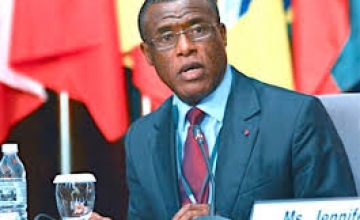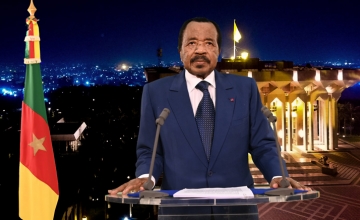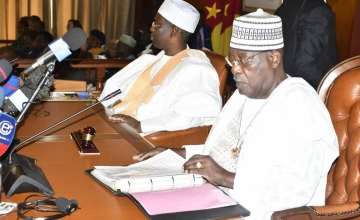
The incident occurred around 3:30 pm Wednesday, November 10, 2021, at Amphitheatre 600 of the institution when the explosive was thrown on the roof of the lecture hall, said the university’s top administrator.
The vice-chancellor, Professor Ngomo Horace Manga, declined to comment on who might have been behind the attack.
"An investigation will tell us who the perpetrators are," he said. “I do not want to presume that I have knowledge of those who perpetrated the attack. Investigations will ascertain that,” he furthered.
Quizzed on what he knows about the incident, Professor Ngomo said: “Today, we were having a conference on peacebuilding. The conference started at around 11 am and ended at about 3 pm. At 3:30 pm when we were at the reception venue, at the Restaurant of the University, we had information to the effect that some students were injured and were being conveyed to the hospital.
“So, upon further inquiry, we were informed that an improvised explosive device was thrown on the roof of a lecture hall, Amphitheater 600. On reaching the ground, the device exploded midair. The metallic particles injured about eleven students who were in the vicinity. They were immediately rushed to the hospital. Nine of them are here at Solidarity Clinic and two are in another clinic. They are undergoing treatment. Treatment was immediate and they are stable. As of now, there are no major injuries but they are still in pain. They are being stabilized. I hope they will improve.
“Our first preoccupation is to stabilize the injured. After that, we will start informing the families. But we didn’t want to create any panic because, from the way we look at the injuries, we expect that they will go back to classes, to resume classes in a few days.
“I think you are dragging me into this whole idea of suspicion. With the security we have in place, and no security can be too tight, we wouldn’t expect that anybody will have the bad will to attack students who are innocent and harmless, whose only mission on campus is to study. So, nobody will imagine that anybody will want to visit the university with any device that will cause bodily harm to them.
“We heard that somebody else wearing garments which are completely alien to the university community came calling and dancing in traditional steps. His coming being an hour or so after the incident created some panic but everything is stable. It is just that, of course, upon hearing the explosion, students are edgy. But I can say that classes are going on normally.”
Cameroon’s state forces have been battling to dislodge armed separatists who pitched their tents in the North West and South West Regions since Anglophone protests transformed into an armed conflict in 2017.
Corporate demands by Common Law Lawyers and Anglophone Teachers led to protests in November 2016. The street demonstrations later morphed into ongoing running gun battles between state forces and armed separatist fighters in the predominantly English-speaking regions, leading to untold destruction of human lives, their habitats, and livelihoods.
Tit-for-tat killings, kidnappings, arsons, use of improvised explosive devices, maiming, and outright terror have become part of daily lives in some parts of the English-speaking regions.



